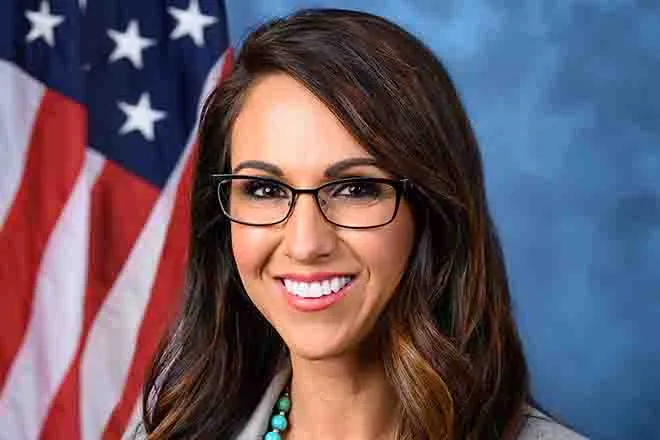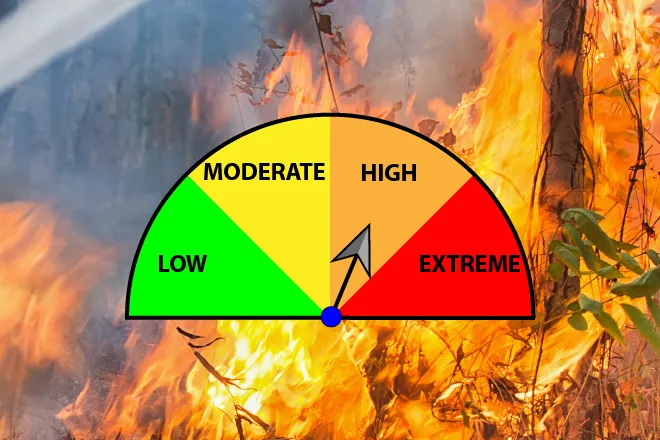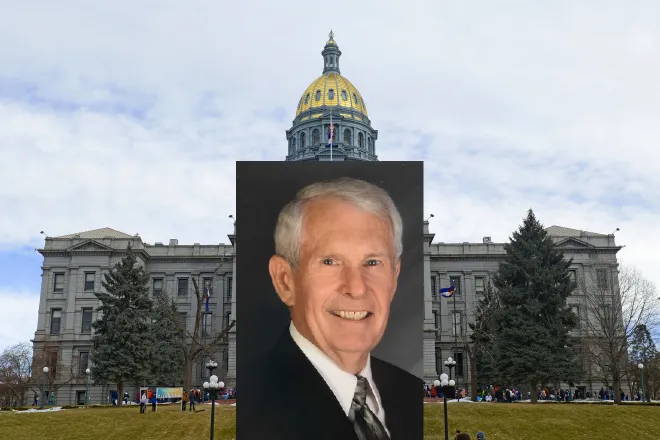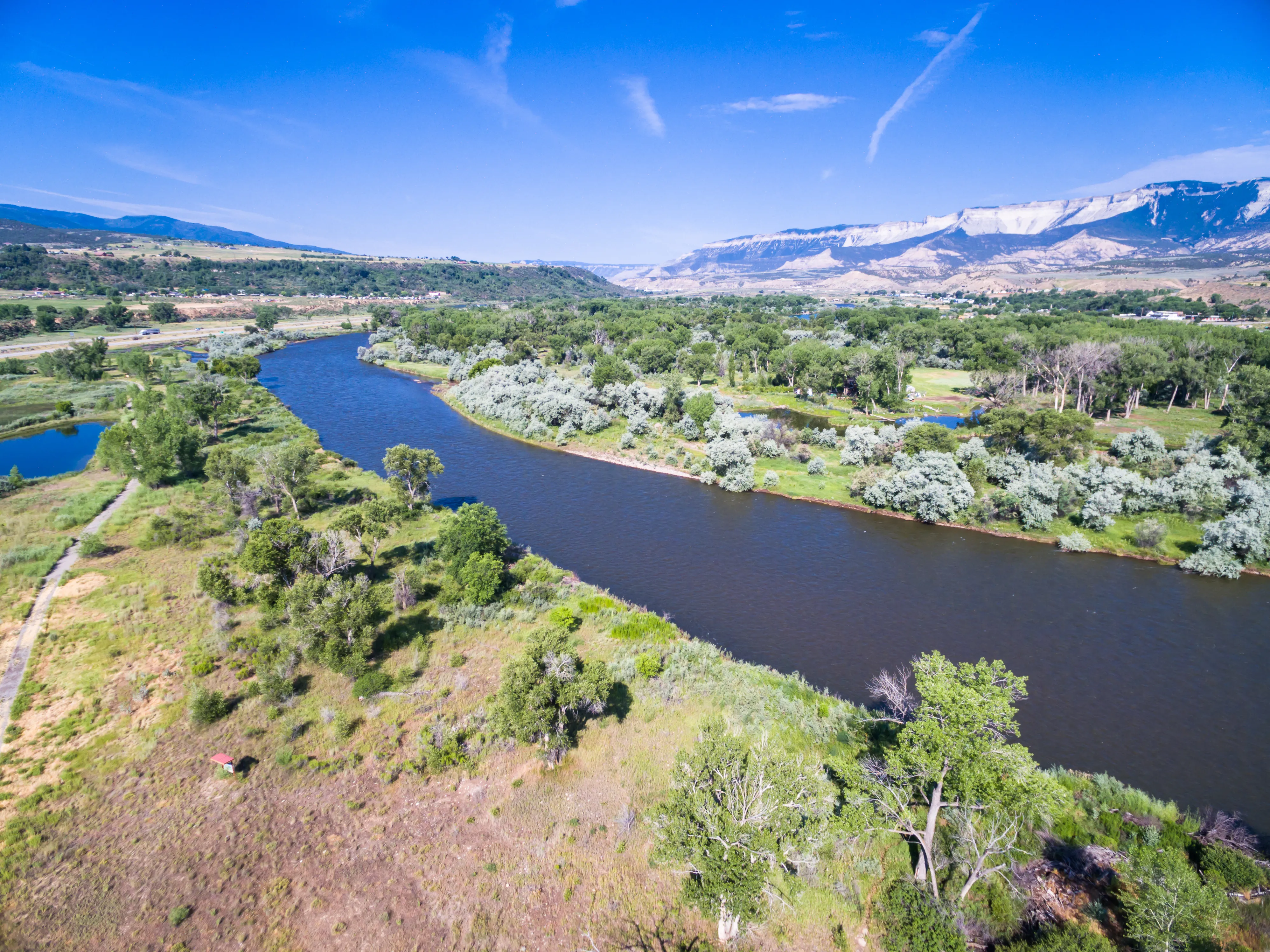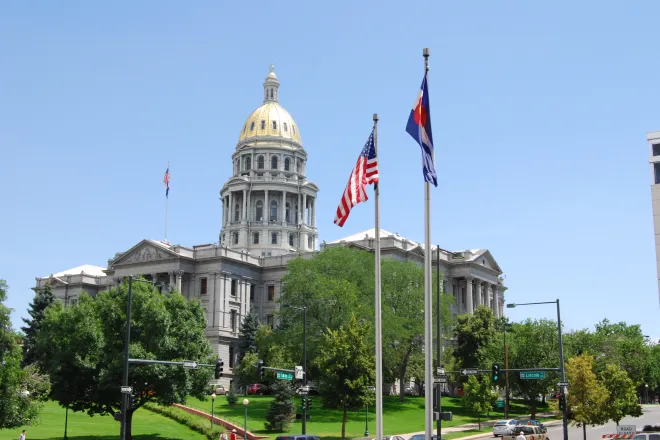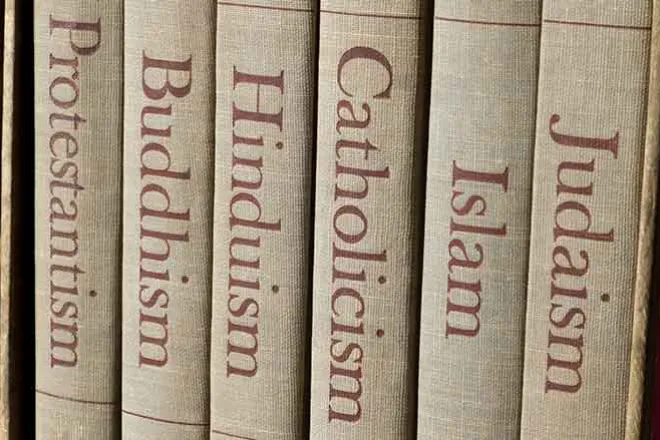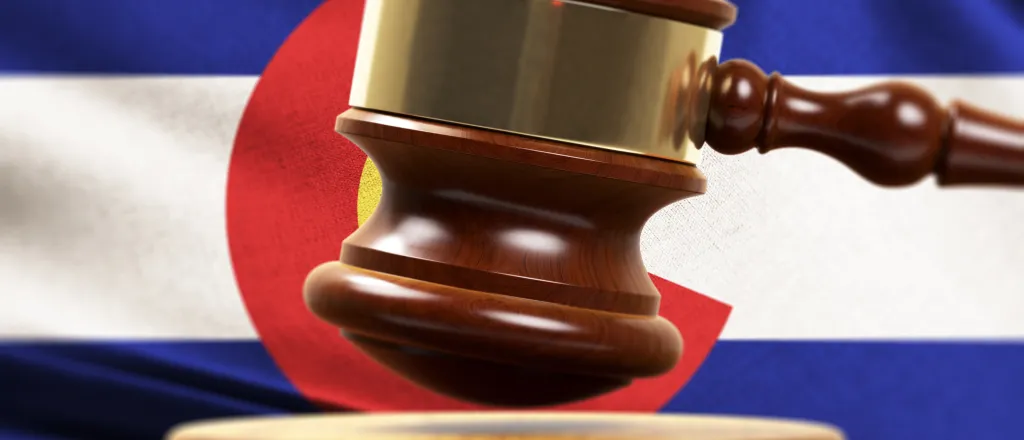
Colorado judge to hear closing arguments in case seeking to bar Trump from ballot
(Colorado Newsline) A Colorado judge Wednesday will hear closing arguments in a lawsuit that seeks to bar former President Donald Trump from the state’s 2024 ballot under a Civil War-era insurrection clause.
Six Colorado voters have sued Trump and Secretary of State Jena Griswold in Denver District Court, arguing that the former president’s actions in relation in the Jan. 6 attack on the U.S. Capitol make him ineligible to hold office under Section 3 of the 14th Amendment. The clause, ratified in 1868 and exercised only a handful of times in the last 150 years, prohibits anyone who took an oath to uphold the Constitution and then “engaged in insurrection” from holding office in the United States.
In a five-day trial that concluded on Nov. 3, Judge Sarah B. Wallace heard testimony from experts and eyewitnesses to the events of Jan. 6, including Capitol police officers and members of Congress. In support of the plaintiffs’ case, a sociologist and expert on right-wing extremism testified about Trump’s violent rhetoric, while a scholar of 19th-century constitutional law told the court that Section 3 had been enforced against former Confederates who had only “engaged in insurrection” through acts of speech or writing.
Trump’s attorneys have challenged the plaintiffs’ case on a wide variety of grounds, including disputing the characterization of the Capitol attack as an “insurrection” and arguing that Trump did not “engage in” an insurrection. Witnesses called to the stand by Trump’s legal team included close allies of the former president, several of whom used their testimony to continue to spread baseless conspiracy theories about the legitimacy of the 2020 election and the presence of “agent provocateurs” at the Capitol on Jan. 6.
Scott Gessler, Trump’s lead counsel in the case and a former Colorado secretary of state, repeated allegations of widespread 2020 election fraud in an unsuccessful campaign for Colorado Republican Party chair in 2021. Such claims have been repeatedly debunked by elections officials, experts, media investigations, law enforcement and the courts.
In advance of Wednesday’s hearing, Trump’s attorneys laid out their case in a 177-page filing known as a proposed findings of fact and conclusions of law.
“Americans across the political spectrum have reacted to President Trump’s political communications in passionate and often polarizing ways,” the filing reads. “But the primary issue before the Court is narrowly focused on whether President Trump’s public speech disqualifies him under Section Three of the (14th) Amendment.”
“There seems to be little dispute that January 6, 2021, witnessed violence at the Capitol,” it continues. “But the parties sharply (disagree) as to the nature and extent of that violence, and most importantly whether President Trump caused that violence.”
Trump has been indicted by federal prosecutors who allege that his “pervasive and destabilizing lies” about the 2020 election “targeted a bedrock function of the United States federal government.” In a separate indictment, prosecutors in Fulton County, Georgia, charged Trump and 18 others in an alleged conspiracy centered on the nomination of so-called “fake electors” in advance of the Jan. 6 certification of Electoral College results.
In their own proposed findings of fact and conclusions of law, the plaintiffs argue that the totality of Trump’s actions leading up to Jan. 6, along with his “words of incitement” on social media and in his speech at the White House Ellipse that day, amount to an insurrection that he “engaged in.”
“By spearheading the fraudulent ‘fake elector’ scheme, and by perpetuating the lie that Vice President (Mike) Pence had authority to overturn the results of the election, Trump intentionally and fraudulently coordinated his supporters around a common unlawful purpose to disrupt the constitutionally mandated counting of the real presidential electoral votes,” the plaintiffs’ attorneys wrote.
“Trump took voluntary acts with the intent to further the insurrection’s common unlawful purpose of obstructing the certification of the electoral count,” the filing concludes. “By doing so, Trump engaged in insurrection within the meaning of Section 3.”
Griswold’s role
Trump, who has maintained a substantial polling lead over his rivals for the Republican presidential nomination, submitted initial paperwork for his 2024 Colorado candidacy to the secretary of state’s Elections Division on Oct. 11.
Griswold, a Democrat, is an outspoken Trump critic who has said the former president did “incite an insurrection and attack our democracy.” But she is named as a defendant in the lawsuit because, plaintiffs wrote, she “has not committed to excluding Trump from the presidential ballot.”
Attorneys for Griswold reiterated her stance in a filing of their own in advance of Wednesday’s closing arguments. Griswold did not testify or otherwise participate in the trial, though an administrator from the Elections Division provided testimony regarding the office’s ballot access procedures.
“The Secretary of State has not taken a formal legal position on whether Trump is ineligible to appear on Colorado’s presidential primary ballot. That question is fairly presented to the Court here, and the Secretary welcomes the Court’s direction,” the secretary of state’s filing said.
Colorado a ‘good venue’
Challenges to Trump’s ballot eligibility under the 14th Amendment have stalled in several other states, including Minnesota and Michigan, where a judge on Tuesday ruled that under state law, the secretary of state has “neither the affirmative duty nor the authority” to determine whether a presidential candidate is ineligible under the insurrection clause.
But Citizens for Ethics and Responsibility in Washington, the nonprofit that brought the Colorado case on behalf of six Republican and unaffiliated voters, has called Colorado a “good venue” because its election laws do explicitly give Griswold that authority.
The secretary of state’s filing echoed that analysis, saying Colorado’s Election Code makes clear that as the state’s top elections official, Griswold has a “duty to refuse to certify constitutionally ineligible candidates.”
“The Court has jurisdiction to reach the merits of Petitioners’ claim … because the Election Code does not allow candidates who are ineligible to hold office to appear on the ballot,” the filing said.
Colorado Newsline is part of States Newsroom, a network of news bureaus supported by grants and a coalition of donors as a 501c(3) public charity. Colorado Newsline maintains editorial independence. Contact Editor Quentin Young for questions: info@coloradonewsline.com. Follow Colorado Newsline on Facebook and Twitter.

